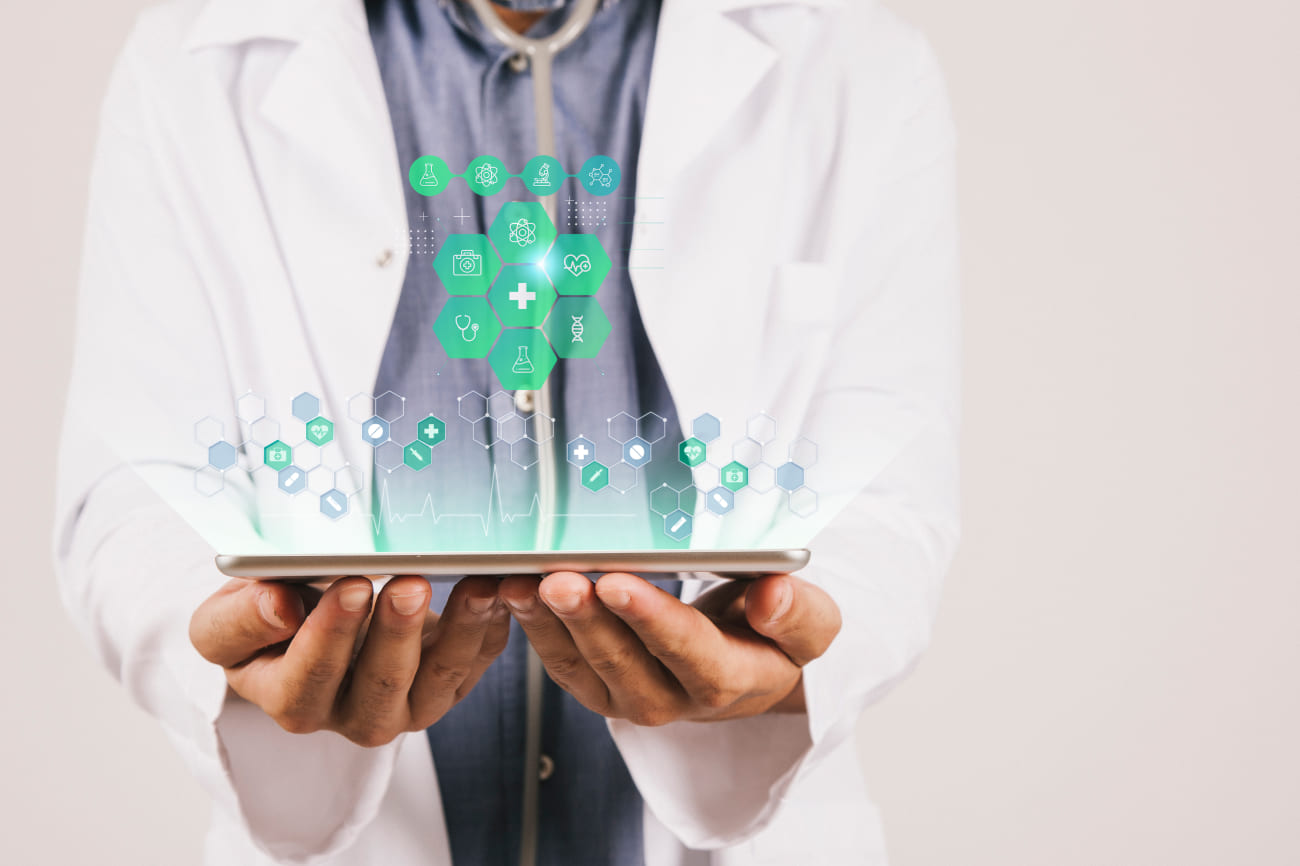
5 Benefits of Clinical EMR in Modern Healthcare
Today, technology has become an integral part of modern healthcare. Electronic Medical Records (EMRs) have revolutionized the way patient data is stored and managed, making it accessible and secure simultaneously. Healthcare professionals use clinical EMR systems to streamline workflows and improve patient care. In this blog, we will cover 5 benefits of clinical EMR that highlight its importance in modern healthcare.
What is Clinical EMR?
Clinical EMR is the digital version of a patient's paper chart. It electronically stores all the patient's health information, including medical history, diagnoses, medications, treatment plans, and test results. This system helps healthcare providers easily access, update, and share patient data, improving teamwork and communication. Clinical EMRs are primarily used within one healthcare facility or organization, providing a detailed view of patient interactions, treatments, and medical results.
Benefits of Clinical EMR
The following are the key advantages of using clinical EMR systems to enhance patient care and streamline healthcare operations:
-
Improved patient care
By having real-time access to a patient's medical history and current health status, healthcare providers can make more informed decisions. This access leads to faster diagnoses, more accurate treatment plans, and better management of chronic conditions. Additionally, the system alerts providers to potential drug interactions, allergies, or other risks, reducing the chances of medical errors.
-
Streamlined workflow
Clinical EMR systems significantly streamline administrative and clinical workflows. Healthcare providers no longer need to filter paper charts to find patient information. This efficiency allows healthcare professionals to spend more time on patient care than administrative tasks, improving overall productivity. Automated processes, such as appointment scheduling, billing, and prescriptions, further simplify tasks.
-
Improved communication
Clinical EMR promotes better communication between healthcare providers, specialists, and labs. Since the system centralizes patient data, everyone involved in a patient's care can access the same up-to-date information. This enhanced communication helps reduce errors caused by miscommunication, such as medication mistakes or delayed treatments, improving care coordination across different healthcare professionals.
-
Data security
Clinical EMR systems safeguard patients' sensitive health information and minimize the risk of data breaches by utilizing encryption, secure logins, and data backups, complying with industry rules and regulations. This compliance ensures the utmost protection of patient data, promoting trust and confidence in healthcare organizations.
-
Cost savings
A clinical EMR system reduces paperwork and administrative tasks, leading to significant cost savings for healthcare facilities. It also streamlines billing processes by automating claim submissions and tracking payments, reducing denied claims, and improving overall revenue. Additionally, instant access to patient information improves efficiency, allowing providers to see more patients in less time.
In conclusion, implementing clinical EMR systems has proven to be a transformative force in modern healthcare. This system empowers healthcare providers to make more informed and timely decisions by providing quick and easy access to comprehensive patient data. Moreover, clinical EMRs are helping healthcare organizations maximize their resources by reducing administrative costs and increasing productivity. As healthcare evolves, clinical EMRs will remain at the forefront of driving better care, efficiency, and patient satisfaction.
